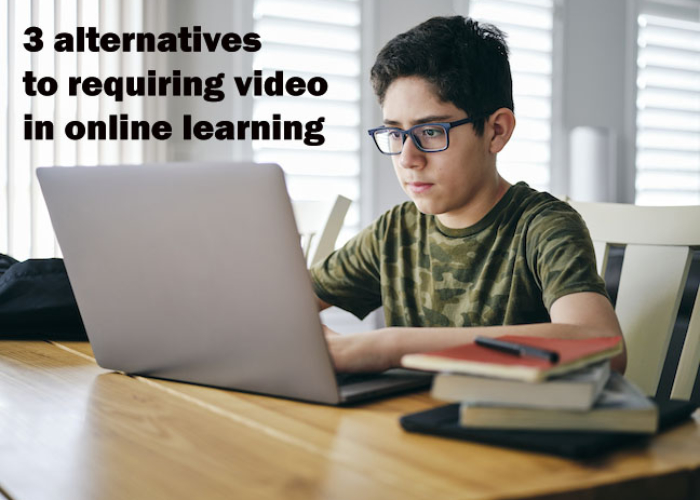
School districts focused on remote learning, but many overlooked the problems of remote work. According to the Rand Corporation, an October 2020 survey found only one-third of teachers felt instructional decisions made by their district were adequate, and 80% experienced feelings of burnout.
Teachers worked harder than ever, yet the results contributed to feelings of distress. Cognia reported instructional preparation took 70% longer than pre-pandemic. Most elementary students and 85% of high school students thought assignments were busy work.
Expert panels and groups called for a community of learners, connecting all stakeholders in meaningful relationships. Planning failed to consider a holistic approach to humanize school, where students and staff members had their physical, emotional, social, and academic needs included in all planning.
Three experts offer advice on how to improve remote work: Kevin Eikenberry, a consultant and author of bestselling books, including The Long-Distance Leader, Toni Frana, FlexJobs Career Coach and Team Leader, and Blaise Subbiondo, president of one of the oldest online learning platforms, eTAP.org.
Five strategies could improve remote work:
- Communication
- Eikenberry stated communication must revolve around teams, with clear expectations and frequent, open discussions. Keep staff in the know.
- In interviews with over 100 teams and companies of remote work across several industries, Frana stated FlexJob found successful remote teams develop regular schedules for video calls and weekly meetings, utilizing a variety of communication platforms, including email, instant messages, discussion boards, and web conferencing platforms.
- Relationships
- A buddy system, where an employee pairs with another employee in a different department, is a method some organizations use for check-in and socializing, stated Frana. Organizations can implement other virtual ideas, including monthly lunch meetups, picture sharing, fun activities such as trivia night, and happy hour from home. Discussion boards can be for interests, such as book recommendations and recipes.
- An early warning system, according to Eikenberry, provides support and resources to identify staff members who are lonely and isolated, but leaders must make it socially acceptable for staff to discuss problems. Time and space for real conversations must be built into agendas and schedules, and staff must feel comfortable opening up.
- Instructional planning
- Subbiondo stated teachers need rich content provided as a foundational base to greatly decrease planning time, otherwise what to teach takes longer than how to teach. Teachers should easily be able to individualize curriculum for student needs and interventions.
- Many national policies call for all staff to assist in delivering instruction. A common curriculum with exemplars and all staff working on instruction should replace each teacher planning and delivering in isolation.
More from DA
- Workspace
- Staff members need a dedicated workspace with a predictable schedule, task management tools, and a plan for breaks and exercise, but Frana also emphasized flexibility for some tasks, even outside of the normal school day.
- Subbiondo stated schools need to limit the amount of technology devices and applications. Like students, cognitive load matters. The school day needs to be predictable and not make technology overwhelming for students and staff.
- Collaboration
- Eikenberry makes clear engagement belongs to the individual, though schools need to “not dictate, but collaborate.” Leaders need to help people see the impact they can and do make.
- Lack of collaboration around instructional planning hurts teachers the most, according to Subbiondo. Staff input should drive much of the time spent on meetings.
Many schools lack clear policies managing the remote workday. Eikenberry stresses individual leaders, not organizations, must lead the change. Kathy Gardner, Senior Director of Public Relations and Media at FlexJobs, said schools need to connect with organizations within their community with a long track record of remote work. Comprehensive planning and a systematic approach can benefit all stakeholders, from staff members to students and the community.
David Coker, EdD, leads a juvenile detention center school in Danville, Illinois and works as an adjunct professor at Fort Hays State University. He researches, publishes, and presents regularly.



